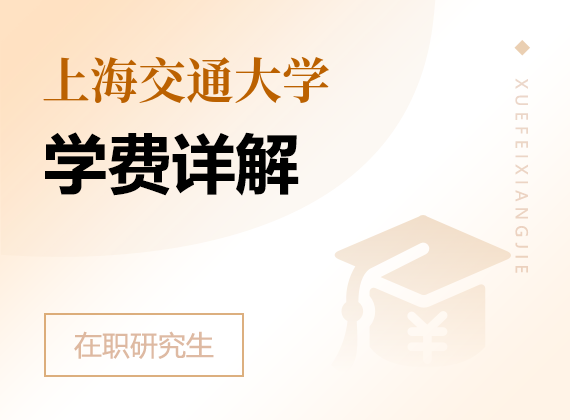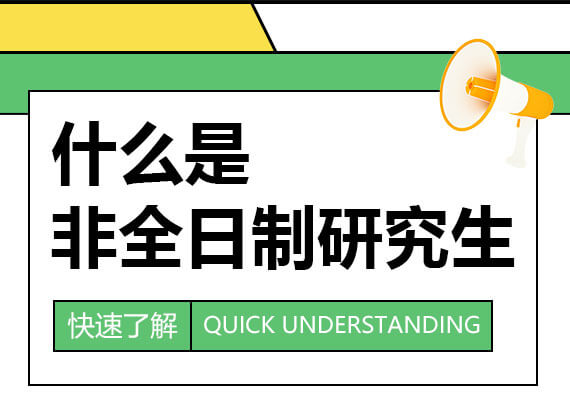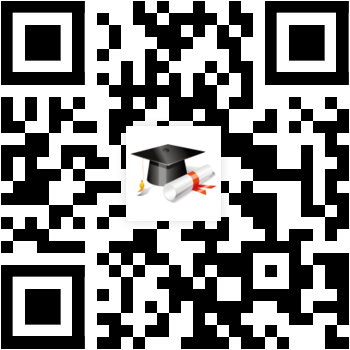2015年在职硕士联考英语模拟练习
来源:在职研究生招生信息网 发布时间:2015-08-18 11:05:04
十月在职联考虽然考试难度不是很高,但是想要顺利通过考试,还有多做练习,下面,中国在职研究生招生信息网相关老师为大家整理了十月在职联考逻辑的考前复习题。
1. The science of medicine, we owe a great deal, is perhaps the most important of all the sciences.
A. in which
B. to which
C. at which
D. for which
2. Students at colleges in large cities ran into debts because it was easier for them to find part-time jobs than those in rural areas.
A. few
B. fewer
C. little
D. less
3. The woman does not mind in the bedroom.
A. her husband猀 smoking
B. her husband猀 smoke
C. her husband to smoke
D her husband to smoke
4. I realized that she was the woman the world event on yesterday猀 TV program.
A. reported
B. having reporting
C. to report
D. reporting
5. Mary told me that you were going to make a long journey to Australia, ?
A. didn you
B. weren you
C. wouldn you
D. hadn you
6. we turn on the air-conditioner.
A. It is a hot day
B. Being a hot day
C. It is being a hot day
D. The day being hot
7. No sooner had we reached the railway station it started to rain.
A. whenB. while
C. then
D. than
8. Accustomed to climbing trees, .
A. I had no difficulty reaching the top
B. reaching the top was not hard to me
C. the top was not difficult for me to reach
D. to reach the top was not a problem for me
9. Peter likes watching TV to the cinema.
A. more than to go
B. more than going
C. than going
D. rather than to go 21.
10. It was the training that he had as a young man made him such a good engineer.
A. has
B. later
C. which
D. that
If sustainable competitive advantage depends on workforce skills, American firms have a problem. Human-resource management is not traditionally seen as central to the competitive survival of the firm in the United States. Skill acquisition is considered an individual responsibility. Labour is simply another factor of production to be hired—rented at the lowest possible cost—much as one buys raw materials or equipment.
The lack of importance attached to human-resource management can be seen in the corporate hierarchy. In an American firm the chief financial officer is almost always second in command. The post of head of human-resource management is usually a specialized job, off at the edge of the corporate hierarchy. The executive who holds it is never consulted on major strategic decisions and has no chance to move up to Chief Executive Officer(CEO). By way of contrast, in Japan the head of human-resource management is central—usually the second most important executive, after the CEO, in the firm's hierarchy.
While American firms often talk about the vast amounts spent on training their work force, in fact they invest less in the skills of their employees than do either Japanese or German firms.The money they do invest is also more highly concentrated on professional and managerial employees. And the limited investments that are made in training workers are also much more narrowly focused on the specific skills necessary to do the next job rather than on the basic background skills that make it possible to absorb new technologies.
As a result, problems emerge when new breakthrough technologies arrive. If American workers, for example, take much longer to learn how to operate new flexible manufacturing stations than workers on Germany (as they do), the effective cost of those stations is lower in Germany than it is in the United States. More time is required before equipment is up and running at capacity, and the need for extensive retraining generates costs and creates bottlenecks that limit the speed with which new equipment can be employed. The result is a slower pace of technological change, And in the end the skills of the bottom half of the population affect the wages of the top half. If the bottom half can't effectively staff the processes that have to be operated, the management and professional jobs that go with these processes will disappear.
1. Which of the following applies to the management of human resources in American companies?
A. They hire people at the lowest cost regardless of their skills.
B. They see the gaining of skills as their employees' own business.
C. They attach more importance to workers than to equipment.
D. They only hire skilled workers because of keen competition.
2. What is the position of the head of human-resource management in an American firm?
A. He is one of the most important executives in the firm.
B. His post is likely to disappear when new technologies are introduced.
C. He is directly under the chief financial executive.
D. He has no say in making important decisions in the firm.
3. The money most American firms put i
n training mainly goes to .
A. workers who can operate new equipment
B. technological and managerial staff
C. workers who lack basic background skills
D. top executives
4. According to the passage, the decisive factor in maintaining a firm's competitive advantage is .
A. the introduction of new technologies
B. the improvement of workers' basic skills
C. the rational composition of professional and managerial employees
D. the attachment of importance to the bottom haft of the employees
5. What is the main idea of the passage ?
A. American firms are different from Japanese and German firms in human-resource management.
B. Extensive retraining is indispensable to effective human-resource management.
C. The head of human-resource management must be in the central position in a firm' s hierarchy.
D. The human-resource management strategies of American firms affect their competitive capacity.
上一篇: 2015年在职硕士考试联考英语模拟题
下一篇: 法律硕士单选选择题模拟试题及答案





















